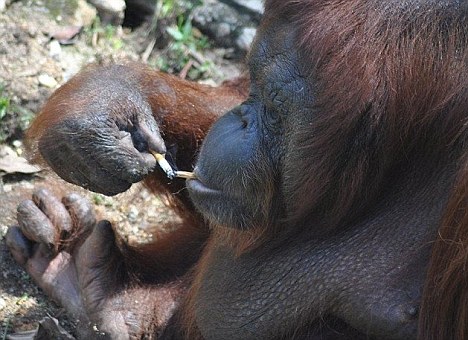Malaysia’s Animal Welfare Act requires cat and dog cafes need licence to prevent animal cruelty
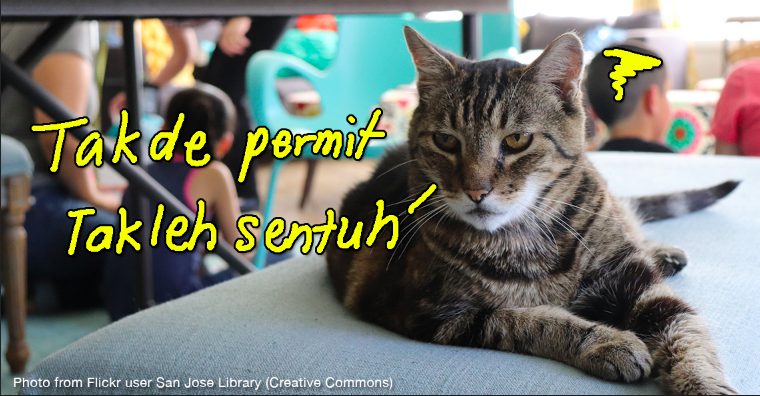
- 1.9KShares
- Facebook1.9K
- Twitter3
- LinkedIn5
- Email12
- WhatsApp27
Before the Animal Welfare Act (AWA) was passed in 2015, times were very bleak for animals in Malaysia. People got away with mild penalties despite inflicting extreme cruelty on animals – a woman who tortured and stomped kittens to death was fined RM400, while a hawker who poured boiling water on a stray dog was fined RM200, etc.
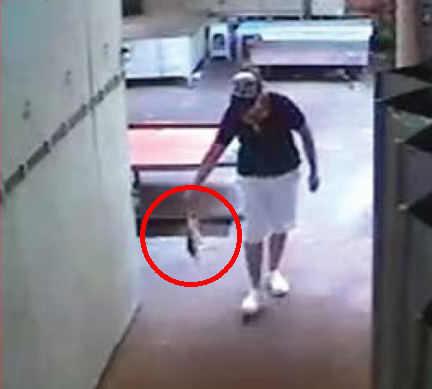
Finally, after calls for better laws to protect animals, the Government passed the Act, which came into effect quite recently on 18 July, and with it, they set up an Animal Welfare Board (AWB).
“One area to be taken up by the Board is the sort of regulatory measures that must be met by operators of pet cafes and other animal-related facilities.” – Ahmad Shabery Cheek, Agriculture & Agro-based Industry Minister, The Star
So what does that mean?
It means all pet hotels and pet cafes are required to have license
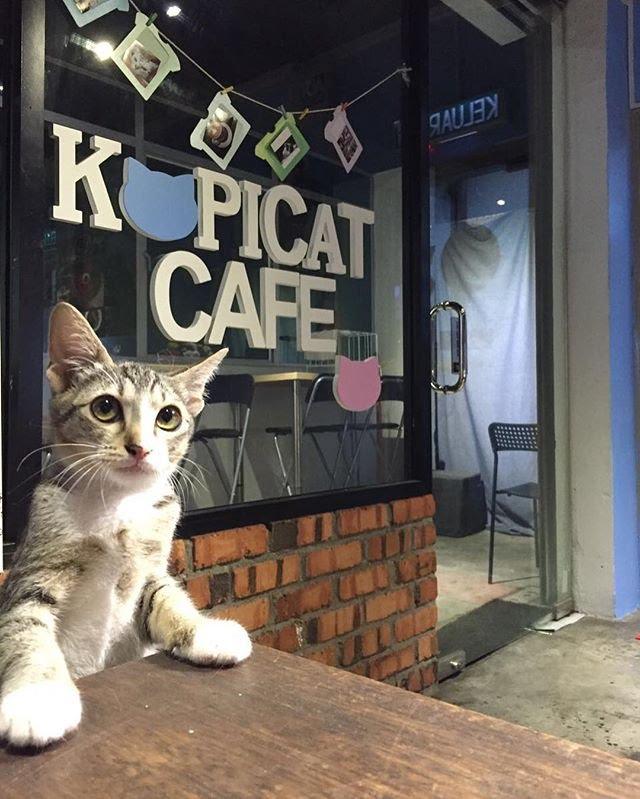
Pet cafes and hotels are becoming more and more popular in Malaysia. Currently, they’re springing up around the Klang Valley, Penang, Melaka, Johor and Sabah. There’s even a 5-star cat hotel in Damansara with VIP bedrooms, spa and a dating service, zomg. It’s all floof and borks when you see it from the outside, but wait, do they really take care of the animals properly? That’s what some people are worried about.
And who can blame them coz an awful, awful incident in 2011, where a pet hotel with 300 cats under its care, was abandoned by its two owners during the Raya holidays. As a result, 8 cats died. 🙁 Rescuers and cops had to break into the hotel and found them all starving and dehydrated. Nobody wants a repeat of that!
“I hope the Board will meet soon … as they are the authority on this matter. The purpose of the licensing is to prevent a similar occurrence to the 2011 pet hotel case.” – Lee Lam Thye, SPCA Selangor patron, The Star
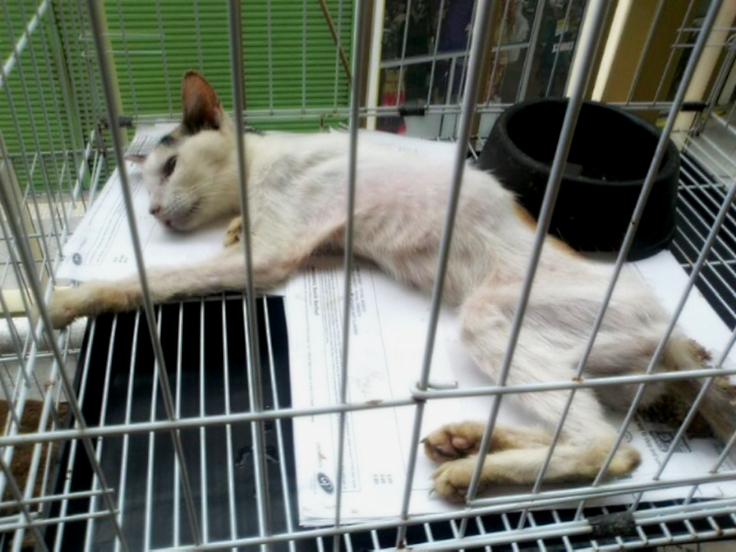
So now, all businesses who handle animals for a living must apply for a license from the AWB (that includes pet hotels, cafes, pet shops, animal shelters, and yadda yadda). The purpose of the license then is so that the authorities can monitor these places to make sure no sad barks and meows happen. If any are caught without a license, can kena fine RM15,000-RM75,000, or 2 years jail, or both.
Also, officers dunnid a warrant to search their premises for evidence of abuse, if they think there’s a chance evidence will be tampered with, removed, damaged, or destroyed, while waiting for a warrant to be issued. The AWB has appointed more than 400 animal welfare officers who will be issued authority cards to act. Even though they don’t need a warrant, a business owner’s has the right to demand to see the officer’s authority card, at least:
“Whenever an animal welfare officer exercises any of the powers under this Act or any subsidiary legislation made under this Act, he shall, on demand, produce to the person against whom the power is being exercised, the authority card issued to him under subsection (1).” – Section 38(2) of the AWA
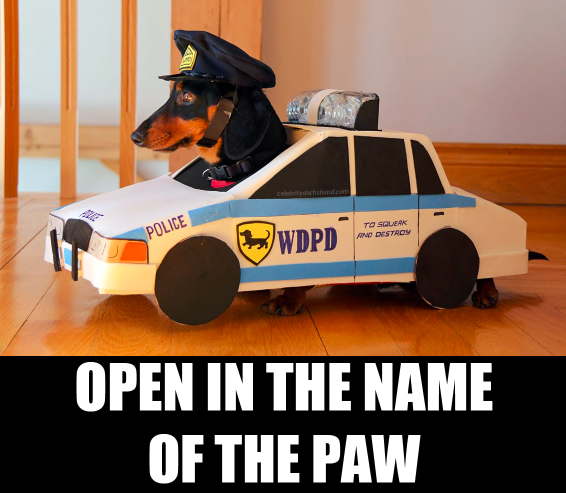
So, what do pet hotel and cafe business owners think of the new rule? Well, some of them being animal lovers themselves, praised the move. For example, an employee of a pet cafe told reporters that they take their dogs for routine checkups to ensure that they are in good health.
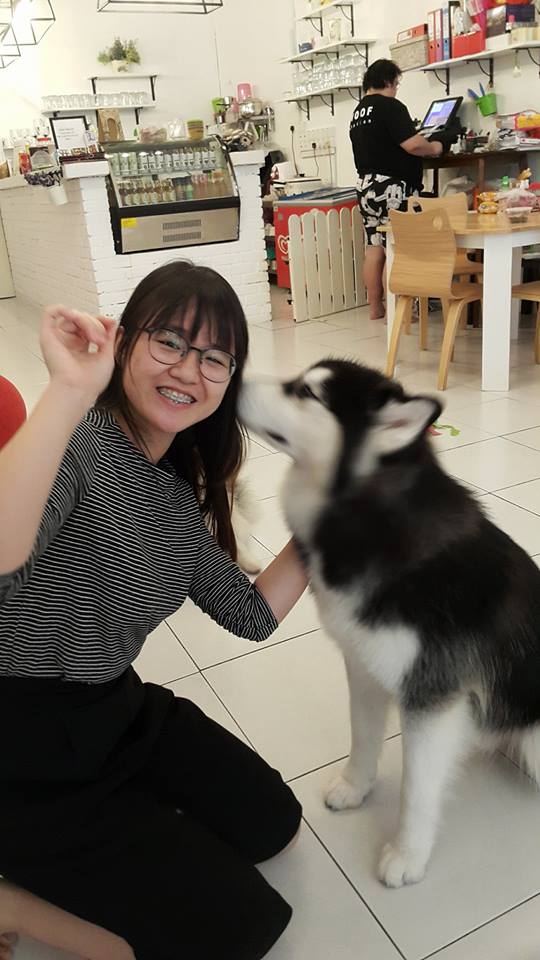
“We will not leave the dogs unguarded even after business hours. We take turns to stay overnight with them in the cafe.” – the employee, who asked to be known as Bee
The only issue now is many are still clueless about the licensing and the law in general. They hope the authorities will brief them properly on how to apply for the license before denda-ing them. SPCA Chairman Christine Chin agreed that operators should be given notice and a grace period to comply with the requirements for the licence:
“The need for a licence is good as it will raise the level of awareness and standard of animal welfare among operators. However, it must be done fairly and not seen as a way to penalise them unless they neglect or abuse their animals.” – said Christine
There is no date yet when the licensing rule would be enforced, at the mo. The authorities have several details to be iron out: “We need to decide which comes first – the license from the Board or from the local council,” said Shabery Cheek.
But some people don’t think pet cafes are good cats and dogs at all

At present, the pet cafe trend is mostly popular in Asia, but it isn’t really gaining traction in Western countries for two reasons, one being food hygiene (waiter, there’s a hairball in my soup), but that’s another topic. The second is because activists are concerned about the animals’ health and happiness. Some of them believe it’s not a suitable environment for them.
“Cat cafes are not a suitable environment for cats because they are in a confined space with a revolving population of people. They need a stable environment – more so than dogs.” – Nicky Trevorrow, behaviour manager at Cats Protection, BBC
Similarly, some say not all dogs want to be social, even if that’s hard to believe looking at a face like this –

Seriously though, it is possible that a dog can become nervous and bite people when overstimulated by the number of strangers and other dogs in an enclosed environment. It could be traumatising for all types of animals to be petted all day. Or what if a visitor gets too rowdy, or incites a pet in some way? Even we humans appreciate our personal space.
However, many others take a more positive view, stating that it’s not impossible for pets to live in groups quite happily. After all, pet-rearing books and trainers often advise people to socialise their pets. And at the very least, being at the centre of attention meets the animals’ emotional needs to a point.
“I’ve seen cats in some poorly run re-homing centres, where there are many confined to one room. That can be far more stressful.” – Andy Sparkes, Veterinary Director at International Cat Care, BBC
All the charities agree on one point – cat cafes need to be properly regulated, which is why it’s a good thing this licensing thing is being implemented in Malaysia. Besides licensing of cafes and hotels, the Act brings many good things to look forward to…
Animal testing will be more strictly regulated and culling will be more humane too
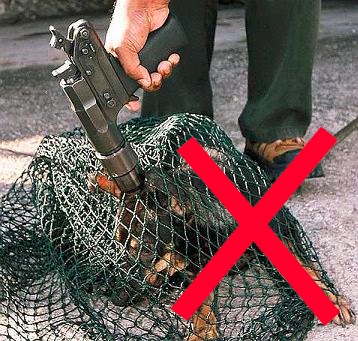
The AWA also covers animal testing – what is or is not allowed. All research, testing and teaching using animals must be done with a license too. Or it must be performed by schools or universities only. Plus, animals for testing must be well taken care of also. Even where pain or suffering cannot be avoided, it must be minimised or the testers will face consequences.
Section 29 lists 21 things that are defined as “animal cruelty” – beating, poisoning, neglect, confining in an area that restricts natural movements, shooting for sport, animal fights, and more. But don’t worry, we are allowed to kill mosquitoes. Speaking of pest and disease control, culling will also be regulated by the new law. Nobody is allowed to use a gun to kill an animal unless it is an emergency.
Putting down a terminally ill or suffering animal must also be ok-ed first by a vet, unless the matter cannot wait (like if the animal is injured beyond recovery in an accident).
Coming back to animal-related business, if you see abuse, you can report it
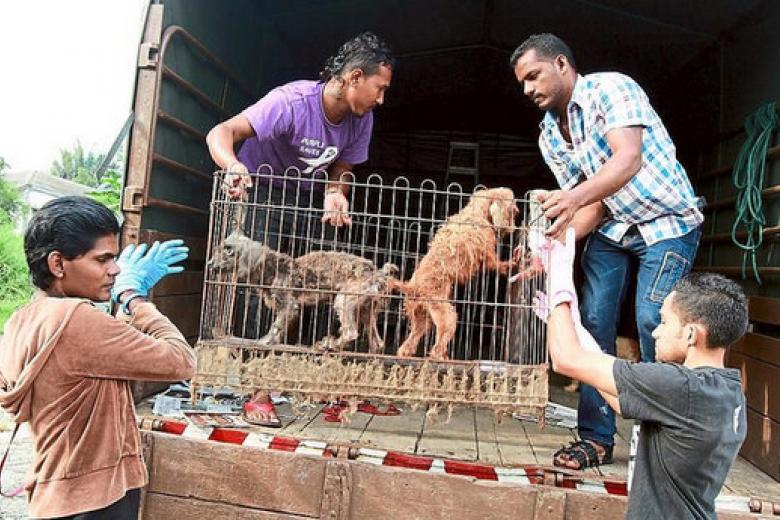
We’re not saying abuse happens in every pet hotels or cafes, but after what happened at the 2011 cat hotel, we’re just being cautious.
As customers, we can observe whether the animals look outwardly fine (signs of abuse) or whether they’re exhibiting strange behaviour (stress signs for cats and dogs). Even when it comes to abusive pet owners… If you believe an animal is being abused, you can always call 999 to make a report and let the authorities investigate the matter.
Ultimately, we’re glad the law provides better protection for animals. Let’s not make it an empty piece of paper only.
- 1.9KShares
- Facebook1.9K
- Twitter3
- LinkedIn5
- Email12
- WhatsApp27

